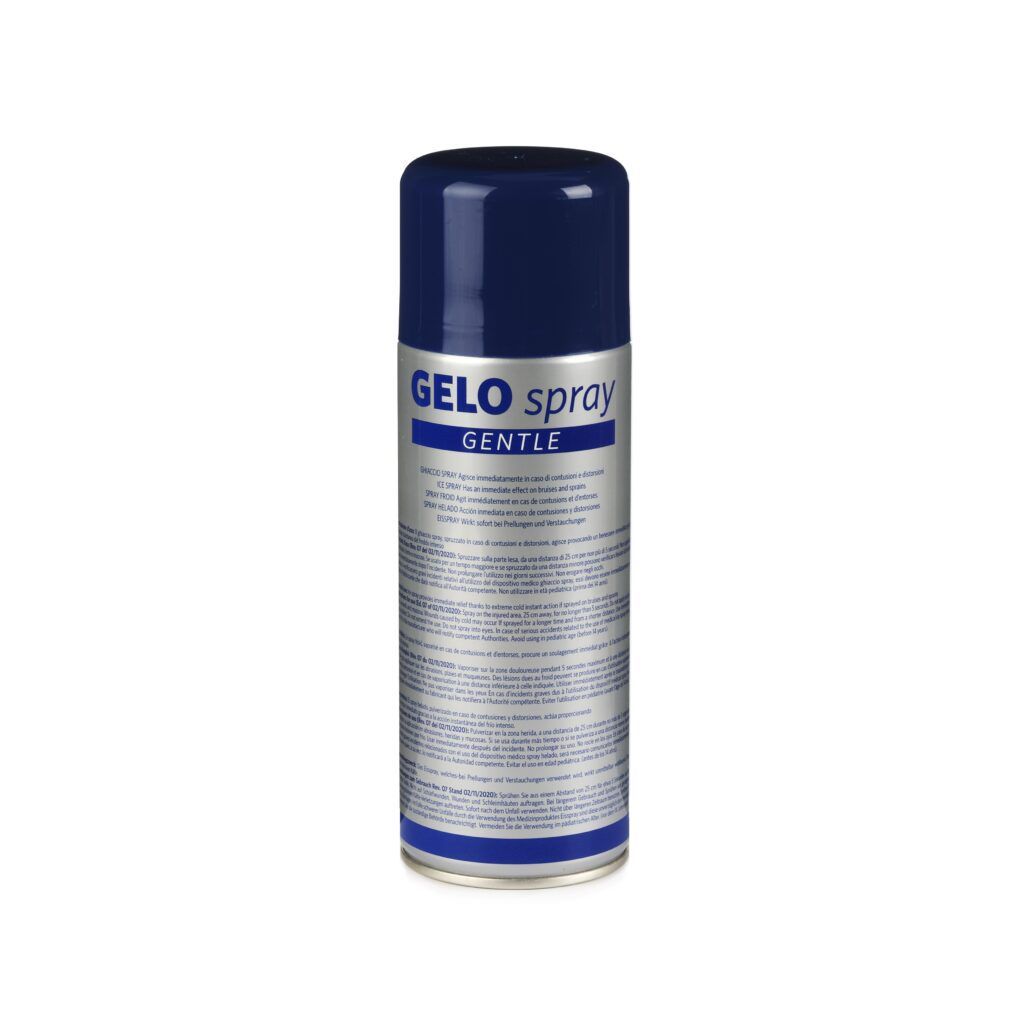News and Curiosity
The footballer’s diet: how to maximize performance
Calorie requirements of a footballer
Football is one of the most popular sports in the world, with over 3.5 billion fans. Its appeal comes not only from the spectacle of the game but also from the extraordinary physical demands placed on athletes. For this reason, a footballer’s diet cannot be left to chance: what they eat has a direct impact on endurance, speed, recovery and injury prevention. An amateur footballer, on average, consumes 2,400–2,800 kcal per day, while professional players may require 3,500–4,000 kcal, especially during periods of intense competitive activity. Energy expenditure varies depending on age, playing position (a midfielder covers more kilometers than a goalkeeper), and the duration and intensity of training. An athlete’s diet is the cornerstone of optimal performance Food provides energy for the body and nutrients for growth, recovery, and overall health. That is why footballers must pay close attention to their nutrition.Essential nutrients for a footballer
A proper footballer’s diet is not limited to match day; it should be maintained every day of training, ensuring the right balance of carbohydrates, proteins and fats, along with vitamins and minerals. In addition to complete proteins, it is important to consider the intake of essential amino acids, particularly branched-chain amino acids (BCAAs: leucine, isoleucine, and valine), which support muscle recovery and reduce fatigue during and after training. Every athlete should work with professionals to have a weekly diet plan tailored to their needs; however, a general “standard” diet can include:- Carbohydrates: primary energy source, consumed before, during, and after matches or training. Examples: pasta, rice, potatoes, whole-grain bread, fruit. Amount: about 5–7 g per kg of body weight per day.
- Proteins: necessary for muscle recovery and tissue repair. Examples: chicken, fish, eggs, legumes, low-fat dairy. Amount: about 1.6–1.8 g per kg of body weight per day.
- “Good” fats: useful as a long-term energy source and for hormonal function. Examples: extra virgin olive oil, nuts, avocado, seeds. Amount: about 1 g per kg of body weight per day. Saturated fats (fried foods, fatty processed meats, packaged snacks) should be limited.
- Vitamins and minerals: essential for fluid balance and neuromuscular function. Include sodium, potassium, magnesium, and antioxidant vitamins such as A, C, and E (found in fresh fruits and vegetables).
Foods to avoid in a footballer’s diet
There are no specific foods that are strictly forbidden in a footballer’s diet: any food can potentially provide nutrients for an athlete. However, some basic principles should always be followed, such as avoiding particularly fatty foods. Unlike carbohydrates, fats do not provide immediately available energy and can lead to fat accumulation, potentially compromising performance. In general, foods high in saturated fats should generally be limited.Sample footballer diet: menu example
Breakfast should be eaten 3–4 hours before training or match:- 70 g oatmeal with skimmed milk
- 1 banana (rich in potassium)
- 1 tablespoon of honey
- 10 g nuts (almonds or walnuts)
- 1 cereal energy bar (25 g)
- 500 ml water or isotonic drink
- 80 g basmati rice
- 150 g grilled chicken breast
- grilled or steamed vegetables (peppers, zucchini, spinach)
- 1 tablespoon extra virgin olive oil
- 1 slice whole-grain bread






